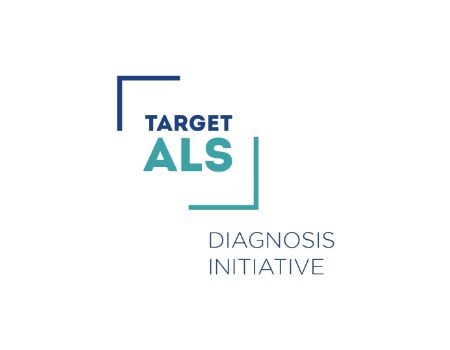
Target ALS is proud to announce significant expansion of one of the most comprehensive multi-omics datasets for ALS-FTD to date, now available on the Target ALS Data Engine. This rich dataset includes multi-omic data from postmortem tissue and biofluid samples from participants enrolled in AGRI: ALS Global Research Initiative. The Data Engine can be leveraged to rapidly identify new genes and proteins associated with ALS and frontotemporal dementia (FTD), and is poised to help researchers unlock new paths toward early diagnosis, disease monitoring, and therapeutic development. Target ALS is thankful for its partners at the New York Genome Center, Psomagen, and the University of Gothenburg for generating these high quality datasets.
Newly released datasets from AGRI include:
- MS Proteomics, using TMTpro 35-plex methodology, for 2,400 proteins and 28,000 peptides from cerebrospinal fluid (CSF) and 1,000 proteins and 12,000 peptides in matched blood samples from 43 healthy controls and 56 pALS.
- 126 Short-Read and 70 PacBio HiFi Long-Read whole genomes from healthy and ALS participants enrolled in the Global Natural History Study.
- Paired clinical data, including cognitive and motor assessments, whole-genome sequencing, and longitudinal follow-up.
- Diverse patient representation: Researchers can now explore how molecular signatures differ by disease subtype (e.g., C9orf72 vs SOD1), cognitive status, and disease progression over time. The dataset enables discovery of diagnostic and prognostic biomarkers, better patient stratification, and validation of therapeutic targets; all in one integrated platform.
Stay tuned for updates on new datasets from the Postmortem Tissue Core, which currently contains:
- 2,000 files of pTDP43-stained and digitized images from more than 122 ALS, ALS-FTD or non-neurological control cases.
- 912 files of Semiquantitative TDP43 staining data from 133 cases.
- 644 Short-Read whole genomes from ALS, FTD and non-neurological controls.
- 800 PacBio HiFi Long-Read WGS files from 33 cases.
- 2,000 Bulk RNA-seq files spanning brain and spinal cord.
- 14,000 Visium ST files from 45 ALS, ALS-FTD, or non-neurological control cases.
- Detailed clinical and demographic metadata.
What sets this effort apart is not only the scale and depth of the data, but the accessibility. Researchers can dive into the dataset, download results, and request matched samples for further validation, accelerating the path from discovery to treatment. Access to the Data Engine will automatically give you access to the datasets in Verily Workbench, for easy mining and data analysis.
We’re grateful to the individuals with ALS and families who made this research possible through biosample donation. This dataset represents a major milestone for the ALS and FTD research community.
Access the data now via the Target ALS Data Engine, a platform fueled by DNAstack’s Omics AI.




